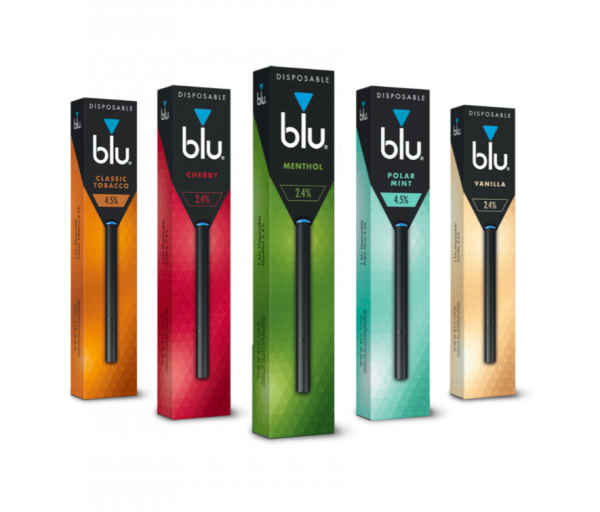
Delegates from around the world gathered in Panama City on Feb 5. to open the 10th Conference of the Parties (COP10) to the World Health Organization’s Framework Convention on Tobacco Control, (FCTC).
Adriana Blanco Marquizo, head of the of the FCTC Secretariat welcomed attendees and warned of the increasing availability of novel and emerging nicotine and tobacco products.
These are, “becoming a very troubling problem with an alarming increase in the use of these products by young people,” Blanco Marquizo said in her opening address.
“Part of this increase is due to disingenuous tobacco industry messages portraying these products as a replacement for real tobacco control measures, as the industry again tries to claim a seat at the table—as part of the solution to an epidemic that the industry created and continues to sustain.”
She also asked everyone to be alert to what she described as “the relentless interference of the tobacco industry in every corner of the world.”
At COP10, delegates will consider a wide range of work to direct the FCTC in its work.
Discussions at COP10 will include:
- Implementation of FCTC Articles 9 and 10 (Regulation of contents and disclosure of tobacco products): reports by the Bureau, by the Expert Group and by the WHO
- Tobacco advertising, promotion and sponsorship: depiction of tobacco in entertainment media: report by the Working Group
- Novel and emerging tobacco products
- Forward-looking tobacco control measures (in relation to FCTC Article 2.1)
- Implementation of FCTC Article 19, which relates to liability
- Improving the reporting system of the FCTC
- Implementation Review Mechanism
- Contribution of the FCTC to the promotion and fulfilment of human rights
- The FCTC Investment Fund
COP10 runs from today until Saturday Feb. 10.
It is followed by the third Meeting of the Parties to the Protocol to Eliminate Illicit Trade in Tobacco Products, Feb. 12-15, 2024.

















